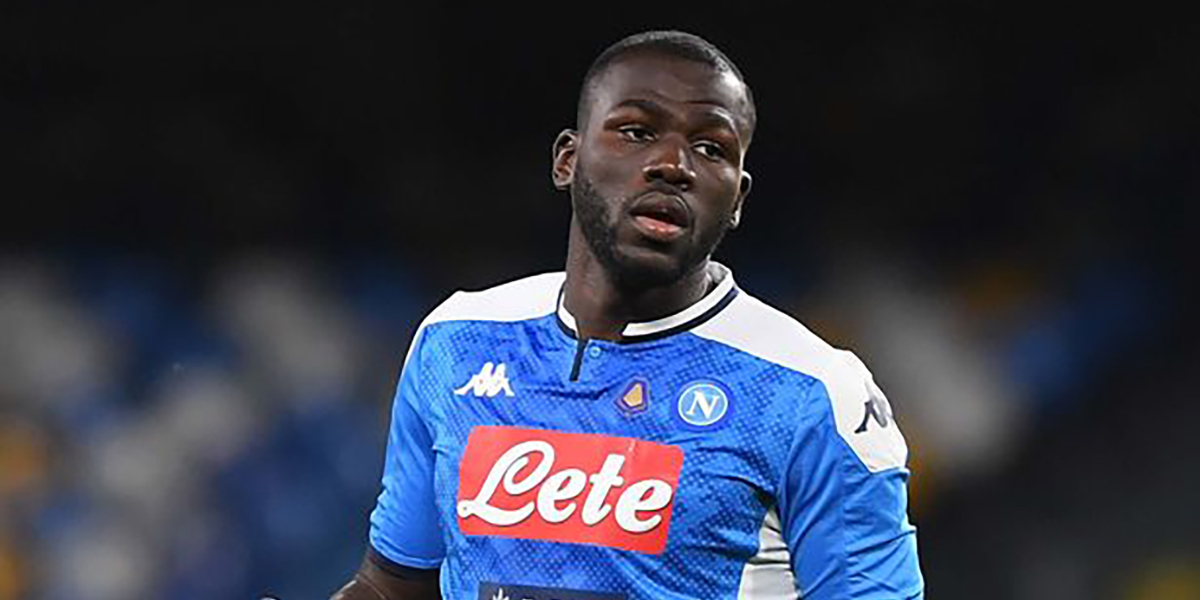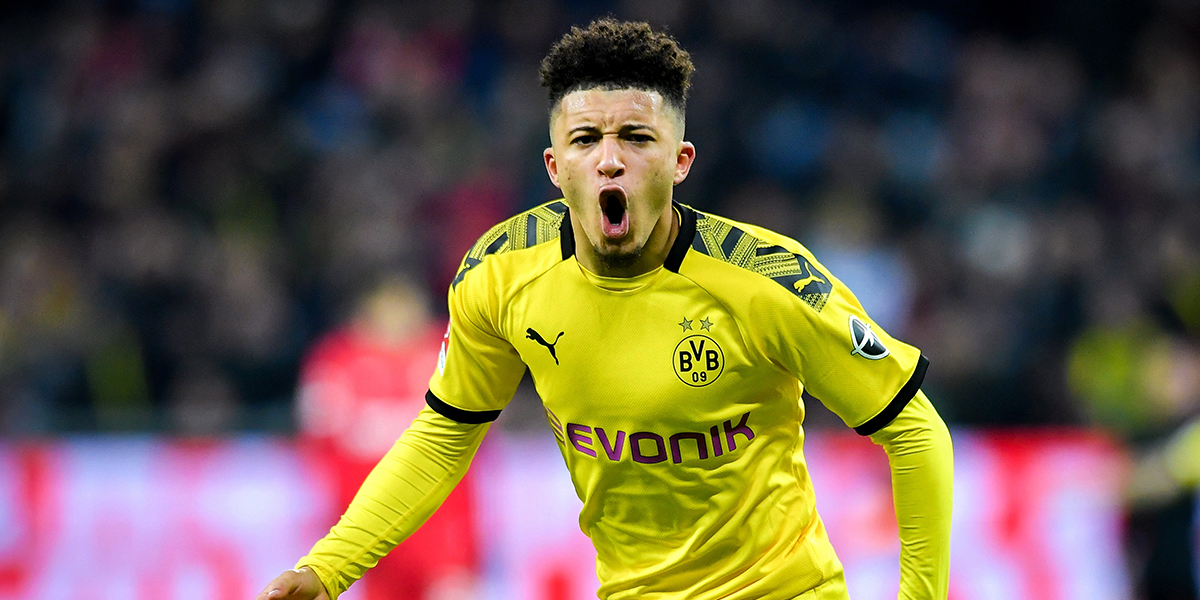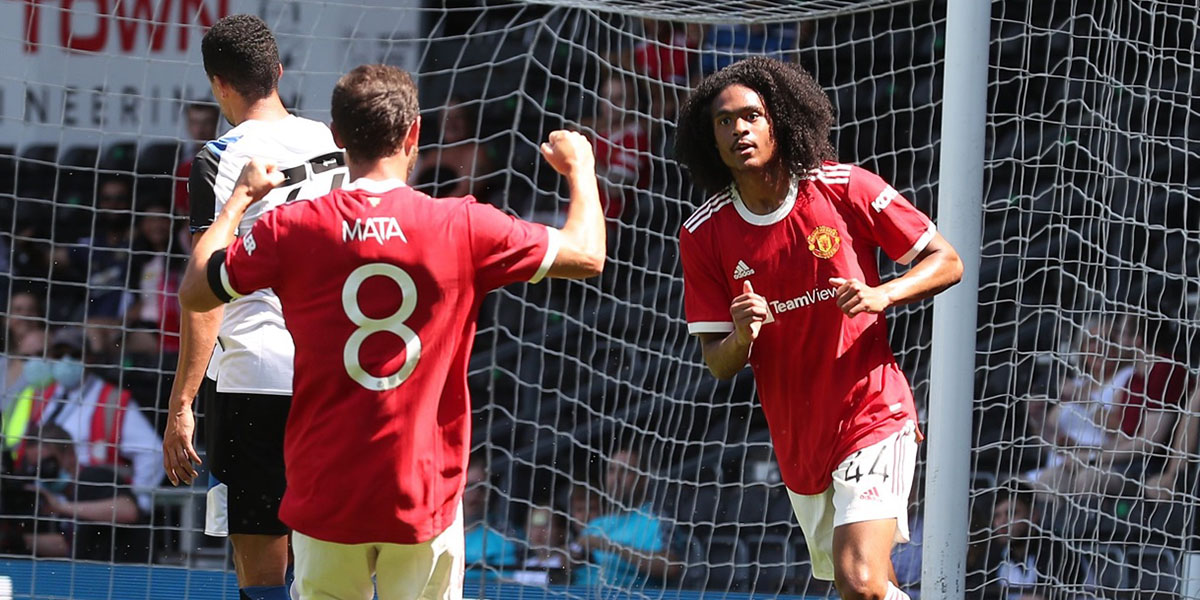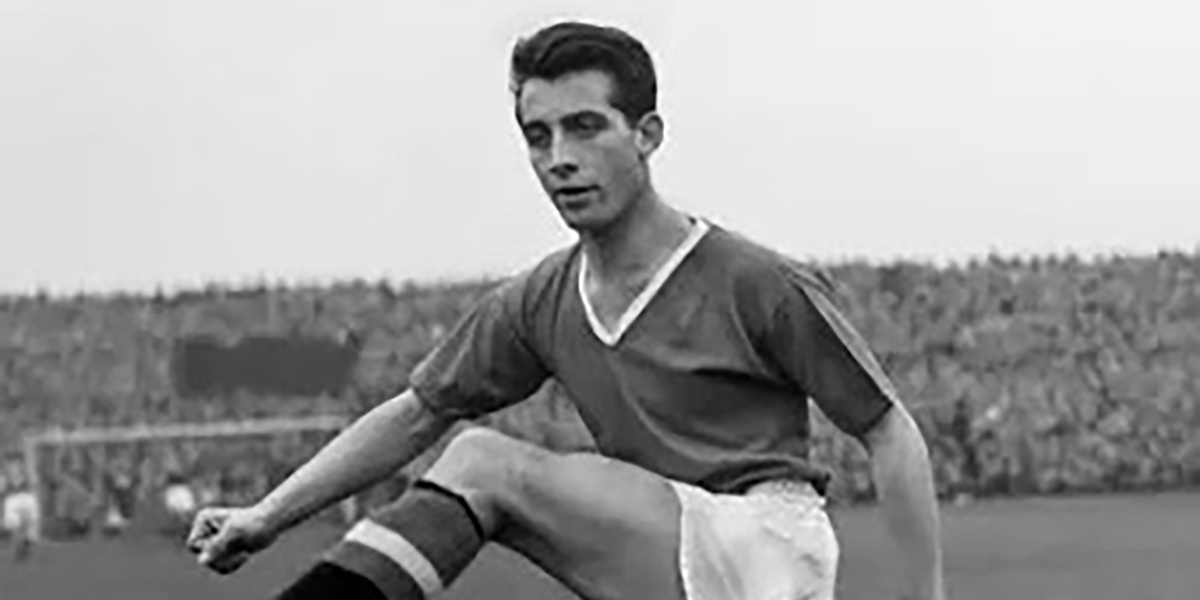
David Pegg was just 22 when he died in the Munich Air Disaster on the 6 February 1958. He was born on the 20 September 1935 in Highfields, Doncaster in the West Riding of Yorkshire, one of three children to miner William Pegg, who was also an amateur footballer during the 1930s – playing to a good standard and winning local trophies, and his wife, Jessie Pegg.
“David Pegg was a truly great left winger who scored a lot of goals as well. He was a perfect combination of Beckham and Giggs in that he was a great crosser and could score.
“Tom Finney got hurt in the 1958 World Cup finals and there was no replacement, David would have been perfect. I remember him as a very good looking lad years before his time in that way, would have blown fashion away in early 1960’s if he had lived.”
In 1950, on leaving school, Pegg signed for Manchester United and became part of the clubs academy. He made his debut for United during the 1952/53 season at the age of 17. By the time he was 20, Pegg was a first team regular – winning the Football League Division One title during the 1955/56 season, helping to retain that title the following season – also helping United get to the semi-finals of the European Cup that season.
His performance against Real Madrid in the 1956/57 season made the Spanish team sign a new left-back, just to combat Pegg’s ability of the game, which will have been complimentary to him. However, because of the Munich Air Disaster, he never played against Real Madrid again. Peg made 150 appearances for United, scoring 28 goals in total. Pegg was a precise crosser of the ball.
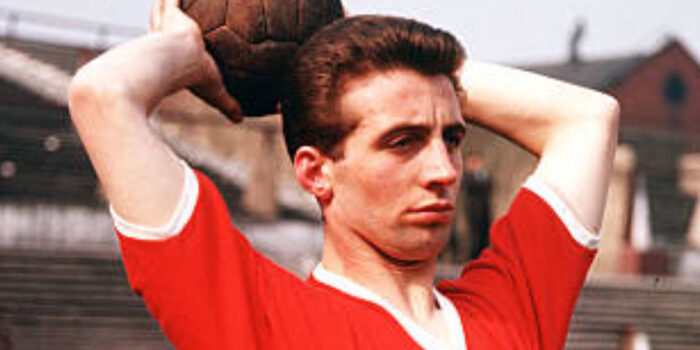
Pegg had formed a lethal partnership with Dennis Viollet, a survivor of the tragedy, also linking up well with Tommy Taylor, who was considered the best centre-forward to play for United and England. Pegg was described as a ball-playing winger rather than a speedster, as would be the case today. He was elusive to opposition fullbacks, which would have been great for a winger, especially in those glory days of English football.
Pegg had the knack of running inside from the wing, which is where he was most devastating. His opposition and teammates would say he was a smooth mover of the ball seemingly gliding over the ground with ease. Despite his seemingly delicate grace on the ball, his left foot had destructive force. Imagine having a player like Pegg in today’s United team – how impressive would that be today?
Once tipped to succeed Tom Finney in the England team, Pegg only made one appearance for his country before this disaster took his life and robbed both club and country of an immense talent. Growing up in Highfields, north of Doncaster, Pegg was buried in Redhouse Cemetery with a memorial chair dedicated to him in St. George’s Church in Highfields. When the church was closed it was move to All Saints’ Church in Woodlands, which serves both villages. His parents are buried alongside him.
A broken plane, a broken dream, a broken heart, a broken team, no word said, a silent vow, we loved you then, we love you now. We’ll never die.
Written by John Walker
Discover more from MUFCLatest.com
Subscribe to get the latest posts sent to your email.


